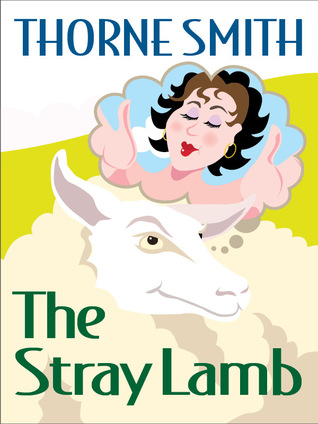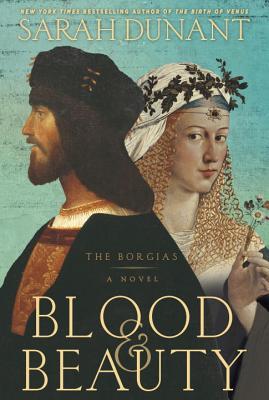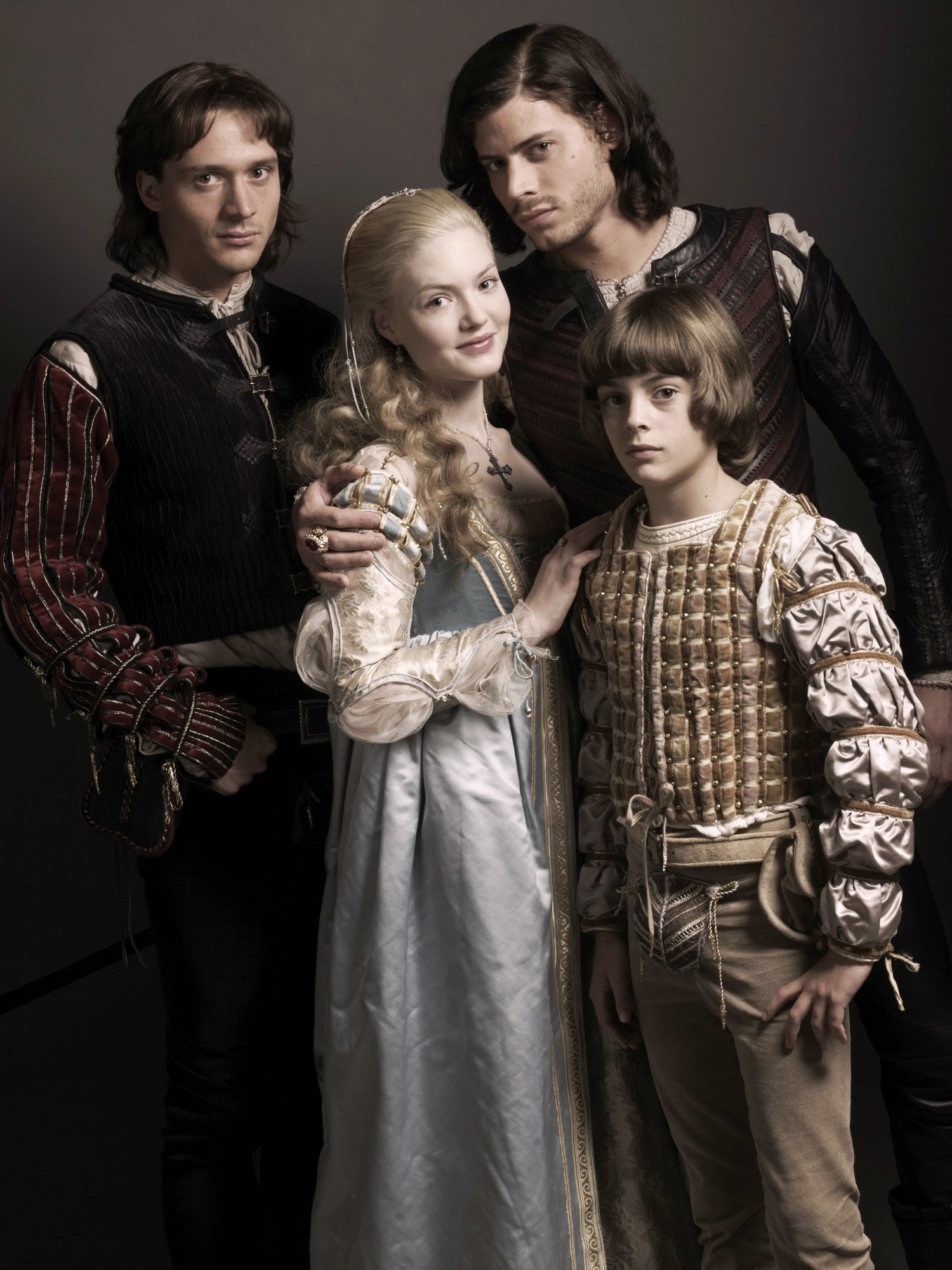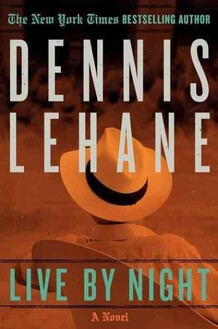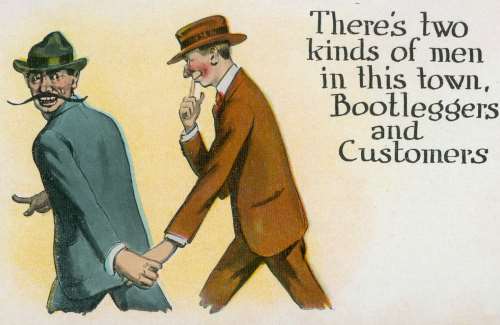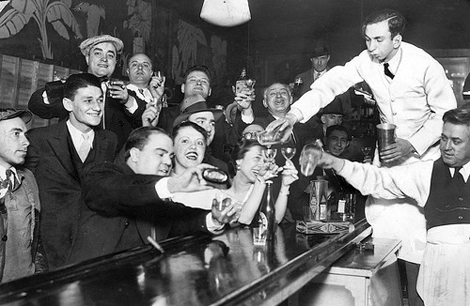 No, I am not making this up. Today, April 14, is Ex-Spouse Day, when we're supposed to acknowledge our ex-spouses. I'm not sure whether this special day was created by Congress––always working hard to be seen as improving Americans' lives––or the Hallmark card company. I'm also not clear about how we're to celebrate, although getting out the old voodoo doll and poking fresh holes or offering fervent prayers of thanks that the marriage is over are no doubt appropriate in some cases. In other cases, maybe dinner is on the menu, so you can raise a glass to being friends instead of partners.
No, I am not making this up. Today, April 14, is Ex-Spouse Day, when we're supposed to acknowledge our ex-spouses. I'm not sure whether this special day was created by Congress––always working hard to be seen as improving Americans' lives––or the Hallmark card company. I'm also not clear about how we're to celebrate, although getting out the old voodoo doll and poking fresh holes or offering fervent prayers of thanks that the marriage is over are no doubt appropriate in some cases. In other cases, maybe dinner is on the menu, so you can raise a glass to being friends instead of partners.Given that I don't have an ex-husband, I thought I'd celebrate the day by telling you about a pair of exes I've encountered in my reading.
Wade Chesterfield isn't a monster, but the ex-minor league baseball player is so irresponsible that his ex-wife had him sign papers relinquishing parental rights to their daughters Easter and Ruby, now 12 and 6. When their mother dies, the girls are placed in a foster care home in Gastonia, North Carolina. This isn't okay with Wade, who does love his daughters. He pulls the kids out of their beds in the middle of the night and they set off for Myrtle Beach, South Carolina. It soon becomes clear to Wade and the girls that the police and Brady Weller, a former cop who's now the girls' court-appointed guardian, aren't the only ones interested in finding them. Also on their trail is a scary ex-felon, Robert Pruitt, hired by a local crime boss who believes Wade stole a fortune from him. Pruitt is a very enthusiastic hunter, because he nurses a personal grudge against Wade from the days they played pro ball together.
Wiley Cash's This Dark Road to Mercy (William Morrow, 2014) is set during the race between Mark McGwire and Sammy Sosa to topple Roger Maris's home runs record in 1998. This thrilling competition we know now was tainted by Big Mac's and Slammin' Sammy's illegal use of steroids, and it's a fitting backdrop for this book of country noir. There's always a suggestion of menace lurking just around the corner. No matter how hard these people run or chase, they're still dogged by their pasts and at the mercy of fate. Twelve-year-old Easter, who is both heartbreakingly naive and cynical beyond her years, takes a turn narrating, along with Pruitt and Weller. Unlike a lot of hardboiled books, most of the violence in this one happens off stage. This isn't to say I didn't close my eyes when Pruitt slips on his gloves because I didn't have to be clairvoyant to see what's coming. I was pleased that Wade goes to bat for his girls, and his ex would be proud of him.
James Thorne Smith, Jr. died at age 42 in 1934. Under the name Thorne Smith, he wrote the Topper books and other charming and hilarious books about booze, sex and fantastical transformations. They deserve a spot on your shelf next to books by P. G. Wodehouse, Tom Sharp, Spike Milligan and Jerome K. Jerome.
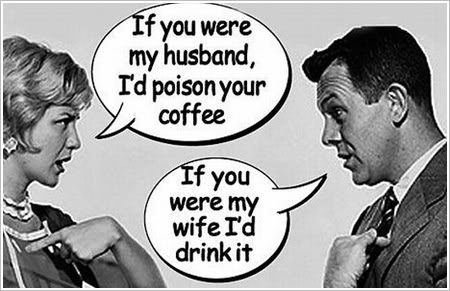
-210.jpg)

